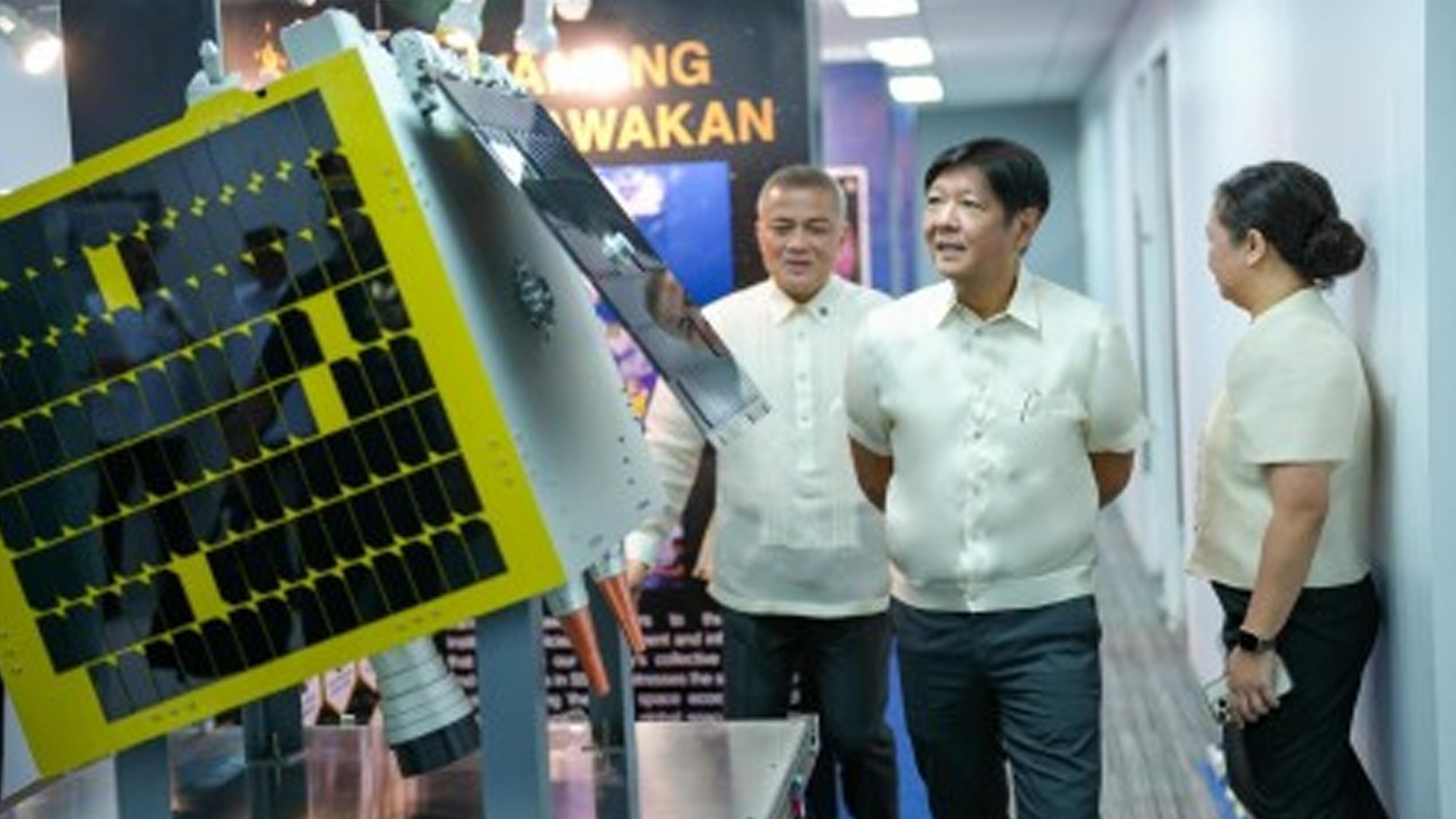President Ferdinand R. Marcos Jr. has directed concerned government agencies, led by the Philippine Space Agency (PhilSA), to bring space technology closer to the public, especially the young Filipinos.
According to PhilSA Director General Joel Marciano Jr., Marcos presided over the 8th Philippine Space Council (PSC) Meeting last week where he issued the order to PhilSA, Department of National Defense (DND) and the Department of Science and Technology (DOST).
“The President instructed us to bring space technology closer to the people especially to the young ones,” Marciano said in a Malacañang Insider episode on Monday.
“By bringing it to the public, we can communicate the benefits of space technology better in addressing the many programs of government. We’re there with the other government agencies in trying to achieve better synergy for using space technology,” the PhilSA chief added.
During the PSC meeting, the President was also briefed on the development of space science and technology in the country, including the development of the Multispectral Unit for Land Assessment (MULA) satellite, PhiSA’s flagship project.
An earth observation satellite to be launched early 2016, MULA is envisioned to produce data for all government agencies, the public, and private sector.
Following the President’s directive, PhilSA has signed partnerships and collaborations with space agencies of several countries, including Japan, the United Kingdom, France, South Korea, and the United States.
Space-capable country
According to Marciano, the Philippines is looking to become a space capable, spacefaring nation within the next decade, with PhilSA at the forefront of all space technology development.
The agency, Marciano said, has been concentrating on developing and operating various satellites to achieve that goal.
“In the Philippine space policy, it is written that we have a central goal of becoming a space capable, spacefaring nation within the next decade. So, being spacefaring means you have people think of astronauts, right, but satellites are kind of a proxy for astronauts,” Marciano said.
“It could also mean you have rockets to bring things to space but at the very least, it means you have infrastructure that you operate and control in space like satellites – that makes us spacefaring. So, we are spacefaring by that definition already because we operate and control our own satellites going around the Earth,” he said.
Marciano said PhilSA has a satellite roadmap as it tries to engage local companies, possibly through public private partnerships, to increase local satellite content for domestic production.
Aside from the MULA satellite, there are other satellite projects currently in the PhilSA pipeline. (PNA)








